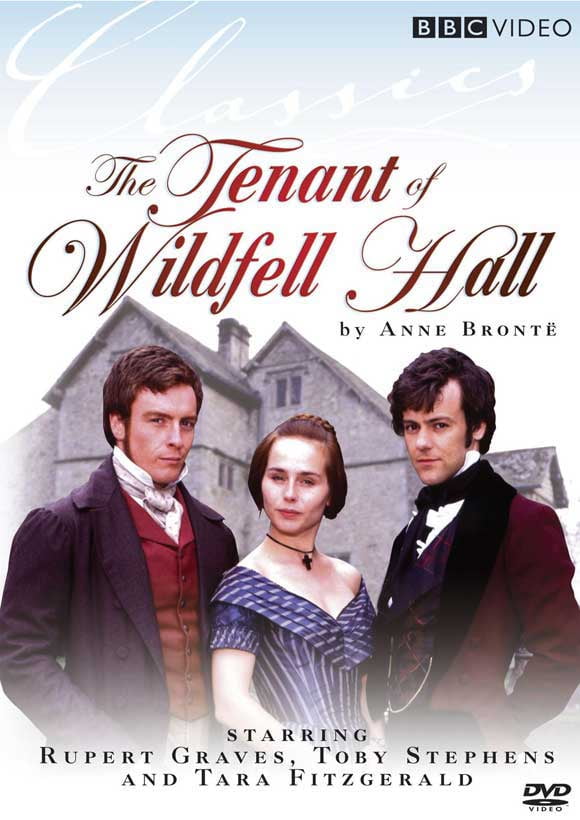
you promised to honour and obey me, and now you attempt to hector over me. It pained me when she tried to retaliate, only for Huntingdon to exercise his male power as a retort: '"You are breaking your marriage vows yourself. Because socially, Huntingdon was a man and therefore in charge. It was surprisingly distressing by this point (far more painful than the rather tame ideas of scandal and impropriety one often finds in novels of this era), and I was just urging Helen, willing her, to run away.īut she couldn't. But he got progressively worse, always drinking too much, then going away for long stretches of time (undoubtedly living a life of hedonism in London), then actually having an affair, and eventually he was doing things that would seriously be classified as domestic abuse today. The way the marriage gradually fell apart was brilliantly written: at the start, Huntingdon was presented as just a bit of a lively rascal - perhaps he was not the most 'proper' husband, but there was nothing majorly concerning about his behaviour. Brontë's construction of Helen's marriage to Huntingdon was an outright criticism of a society and system that disempowered women and legitimised men. Helen's recount undeniably had some feminist oomph. So my question, and my approach with this review, is: was 'The Tenant of Wildfell Hall' a feminist novel in favour of women? It's a more ambiguous debate than you might first note, and that's why I like the book so much - because it has given me food for thought. In the end (spoiler alert, sorry), once Helen has allowed Gilbert to learn the full truth about her past, she and Gilbert marry and everything is fine and dandy. Here we learn that she was trapped in a dreadful marriage, and that she had eventually managed to take her situation into her own hands and escape in the night. The whole middle section of the novel then, which really was the bulk of the book, was a long chunk from Helen's diary: a flashback to her previous life and all the events that led up to her arrival in Wildfell Hall. Gilbert had been trying to get to know her a bit, (everyone, really, was trying to find out where she had come from and why she was so secretive) and had found himself falling deeply and irrevocably in love.


It spoke of the recent gossip of the town, which was that the local manor house Wildfell Hall had a new occupant called Helen - and she was a mysterious, reclusive, young single mother, who surely had some dastardly secrets to spill. The first section of the book was written from the perspective of a young man called Gilbert Markham, in the form of a letter to his friend Halford.


 0 kommentar(er)
0 kommentar(er)
